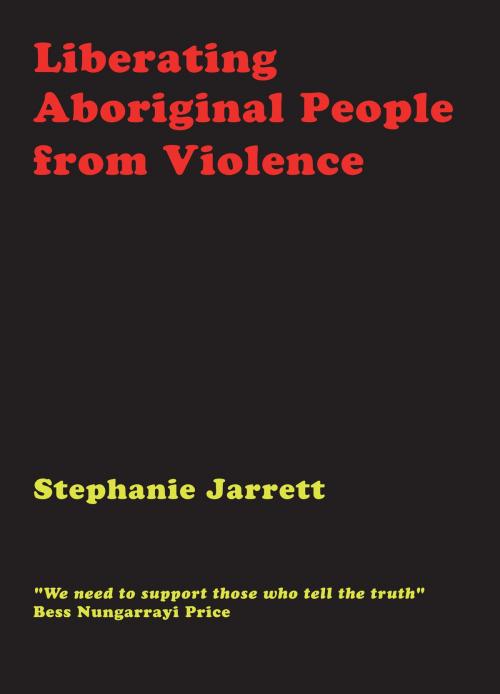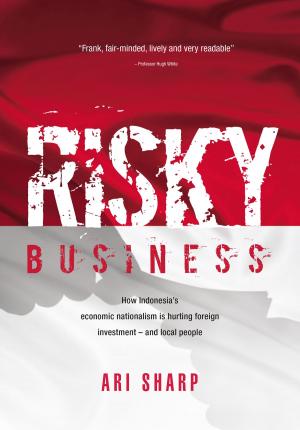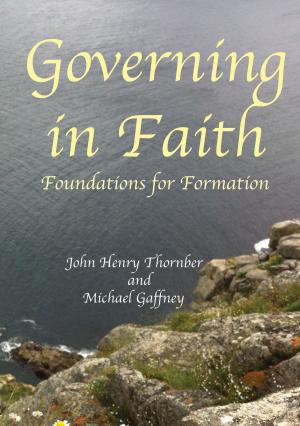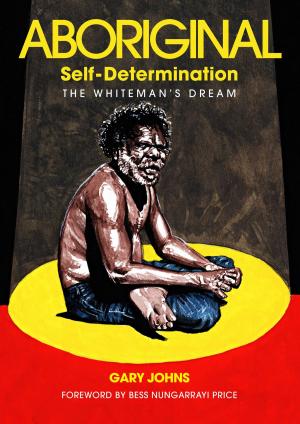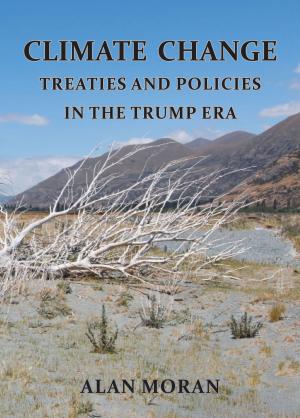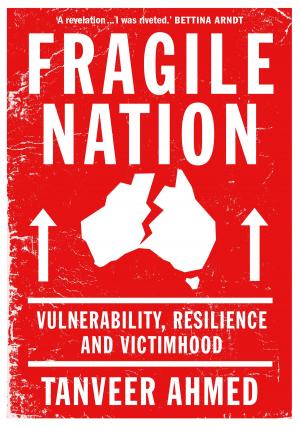Liberating Aboriginal People from Violence
Nonfiction, Social & Cultural Studies, Social Science, Cultural Studies, Ethnic Studies, Anthropology| Author: | Stephanie Jarrett | ISBN: | 9781922168221 |
| Publisher: | Connor Court Publishing | Publication: | January 31, 2013 |
| Imprint: | BookPOD | Language: | English |
| Author: | Stephanie Jarrett |
| ISBN: | 9781922168221 |
| Publisher: | Connor Court Publishing |
| Publication: | January 31, 2013 |
| Imprint: | BookPOD |
| Language: | English |
"We need to support those who tell the truth" - Bess Nungarrayi Price. There is a reluctance to scrutinise and address the fundamental cultural generators of Aboriginal violence. Where violence is seen as part of culture, too often it is defended as the cultures right to practice it. Above all, the separatist self-determination model maintains customs that are dangerous, particularly to women and young people. Hence, if we keep to a separatist, self-determination model, we will keep having to have crisis responses, major enquiries and interventions, and decades more of assaulted Aboriginal women and young people facing the terrible dilemma of abandoning their country, their community, to get some safety. Reducing Aboriginal violence entails fundamental cultural change. This book explores ways that, in a spirit of compassion and recognition of universal human rights, the nation can assist remote Aboriginal people live successfully within, or to have frequent, welcoming, positive interaction with, mainstream culture, so that acquisition of the mainstreams higher intolerance for violence can occur. About the Author: Dr Stephanie Jarretts University of Adelaide Politics-Geography PhD, mid 1990s, critically examined Aboriginal domestic violence policy. She has maintained her concern regarding policy failure to address Aboriginal violence within community self-determination precepts. She also has a Graduate Diploma in Environmental Studies, University of Adelaide.
"We need to support those who tell the truth" - Bess Nungarrayi Price. There is a reluctance to scrutinise and address the fundamental cultural generators of Aboriginal violence. Where violence is seen as part of culture, too often it is defended as the cultures right to practice it. Above all, the separatist self-determination model maintains customs that are dangerous, particularly to women and young people. Hence, if we keep to a separatist, self-determination model, we will keep having to have crisis responses, major enquiries and interventions, and decades more of assaulted Aboriginal women and young people facing the terrible dilemma of abandoning their country, their community, to get some safety. Reducing Aboriginal violence entails fundamental cultural change. This book explores ways that, in a spirit of compassion and recognition of universal human rights, the nation can assist remote Aboriginal people live successfully within, or to have frequent, welcoming, positive interaction with, mainstream culture, so that acquisition of the mainstreams higher intolerance for violence can occur. About the Author: Dr Stephanie Jarretts University of Adelaide Politics-Geography PhD, mid 1990s, critically examined Aboriginal domestic violence policy. She has maintained her concern regarding policy failure to address Aboriginal violence within community self-determination precepts. She also has a Graduate Diploma in Environmental Studies, University of Adelaide.
